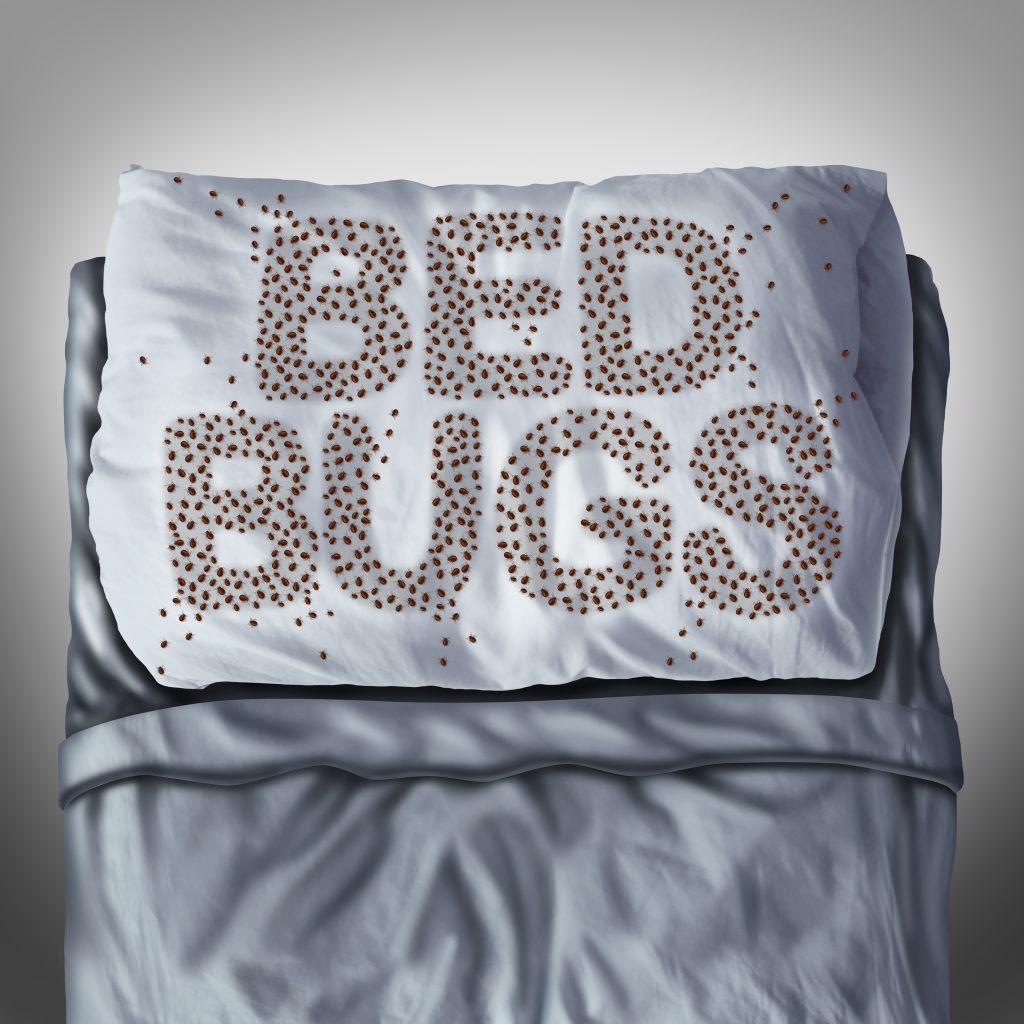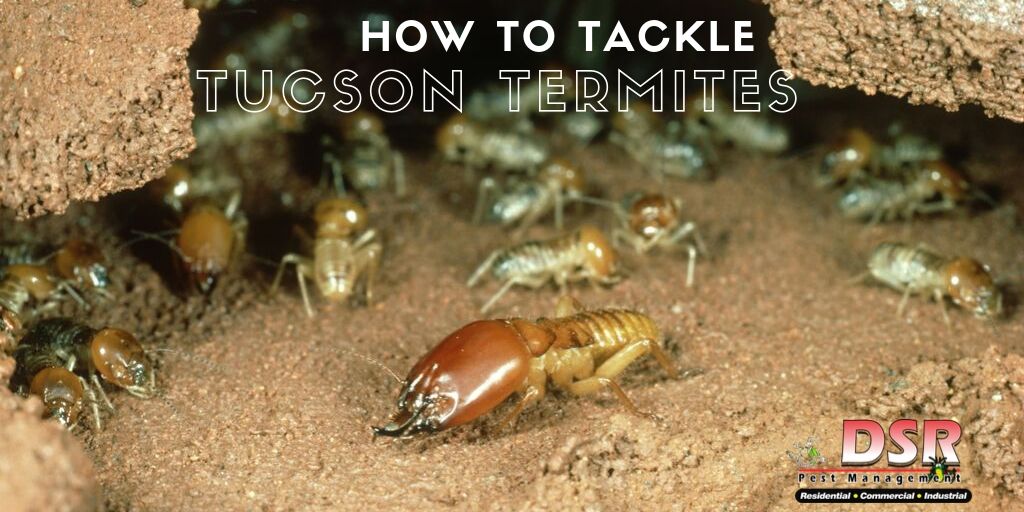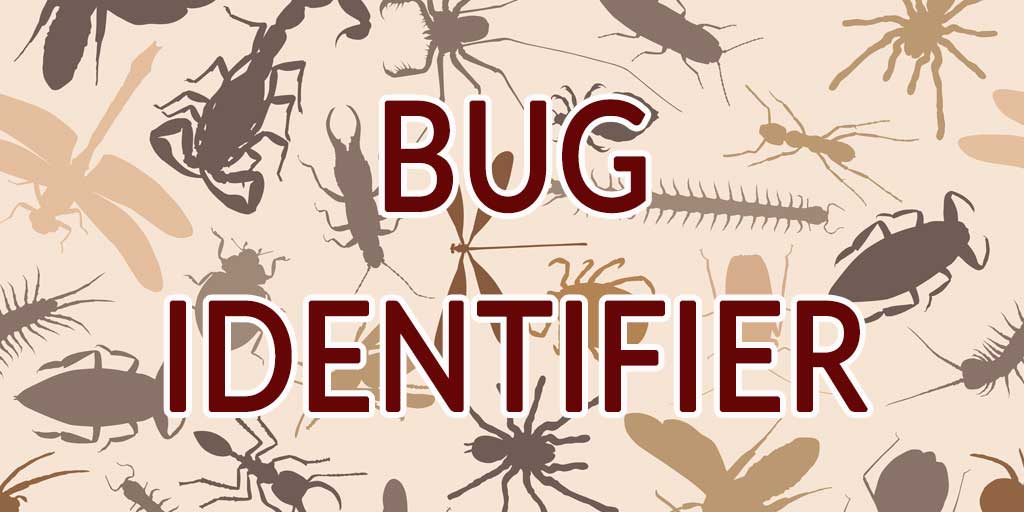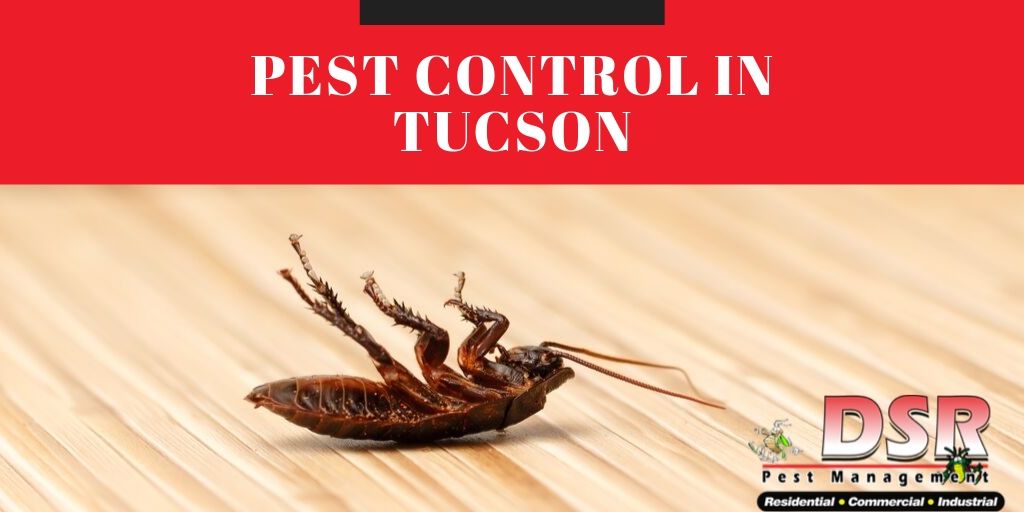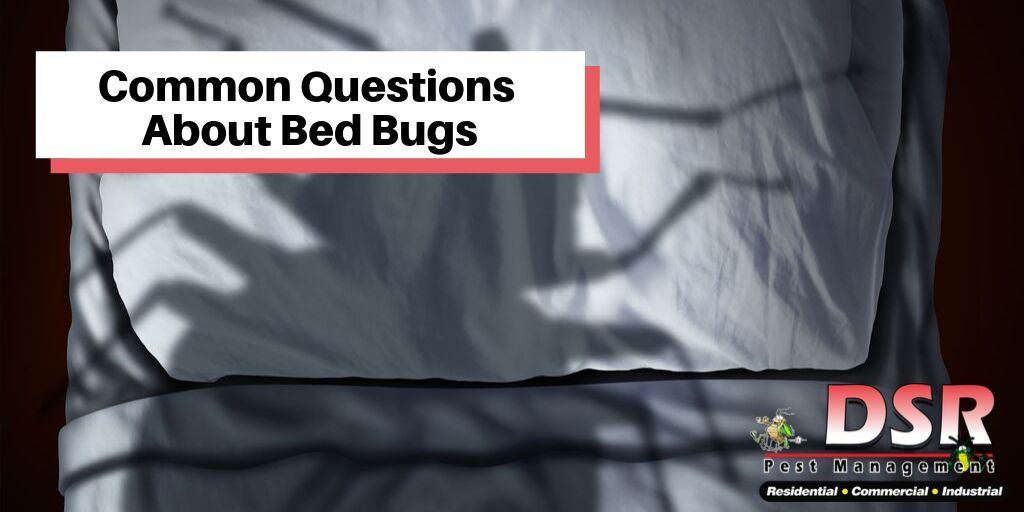For those that have been fortunate enough to never have had bed bugs infiltrate their homes, an infestation of the flesh-eating insect can feel like it will never happen to them. Homeowners can grow complacent, thinking, “Bed bugs will never find their way into MY home,” or, “Bed bugs only show up in DIRTY homes.” Especially in Arizona, homeowners can tend to associate bed bugs with more tropical climates and let their guard down.
The truth is, everyone in the United States is vulnerable to bed bugs, regardless of how clean their home is our how extreme the temperatures get in here in Tucson. When, not if, you are exposed to these micro-pests the preparation you’ve done prior to your exposure will determine how long they’ll be in your life.
Aside from scheduling regular pest management services with a professional you trust, one of the most important things you can do to protect yourself you can do today. In fact, you can do it right now! Educate yourself on bed bugs. To help you do just that, we’ve gathered the most important facts Tucsonans need to know about bed bugs in order to protect their homes.
Here are the top five things you need to know to stay one step ahead of these unwelcomed creatures:
1. Bed bugs spread
Bed bugs aren’t as mobile as you’d think. Most often, they reside in an area covering about an 8-foot radius. So, how do they get in your home so quickly?
Bed bugs are very methodical on how they get in and infiltrate your home. The most common occurrences of infestation come after a homeowner has either returned from travel or had guests in their home. They spread by latching onto their host and hitching a free ride to their next destination (see Fact #5). In short, bed bugs spread and humans are the ones that help them do it.
2. Bed bugs don’t care how hot Tucson gets
Bed bugs can survive in nearly freezing temperatures. A factoid those in Tucson don’t need to pay much attention to, but it’s their temperament for extreme temperatures on the other end of the spectrum that should give us pause. These pesky insects can survive and thrive in temperatures over 120 degrees. Naturally, this is cause for great concern amongst us desert-dwellers and means bed bugs can present issues any time of year.
3. Bed bugs are patient
Bed bugs can live without food for a long time; a very long time. On the lower, bed bugs can survive for up to three weeks without any food. Under the right conditions though, bed bugs can wait for food for over a year! It is not uncommon for bed bugs to survive 400 days without feeding, which make them all the more difficult to get rid of them once they infest a home.
4. Bed bugs are masters of stealth
A bed bugs stealthy-nature makes them one of the most frustrating pests. First, they are great at hiding. As mostly nocturnal insects, bed bugs remain dormant during the day in places we don’t often look. The corners of beds, underneath the sheets, and under cushions of furniture make great daytime hiding spots while the pests wait to make their move.
Second, their bite carries a liquid that has similar properties to anesthesia. This means bites are virtually painless and can go unnoticed for up to 14 days, plenty of time to wreak havoc on a home.
5. Bed bugs are parasites (and you’re their meal)
A parasite is “an organism that lives in or on an organism of another species (its host) and benefits from deriving nutrients at the other’s expense.” When accused of being a parasite, bed bugs are guilty as charged and guess what…you’re the host. Bed bugs feed off humans by biting and extracting blood. Fortunately, according to the Center for Disease Control (CDC), bed bugs don’t pose a serious health risk. Most people rather not take their chances. We agree.
If these facts have you a little on edge about bed bugs, you’re not alone. They’re extremely common in our area and require immediate attention when discovered. We’ve already shared some great tips on how to prevent a bed bug infestation, but if you find your home infiltrated by this resilient and pesky insect call a professional immediately! DIY extraction is not recommended and could lead to an infestation that spreads throughout your home.

